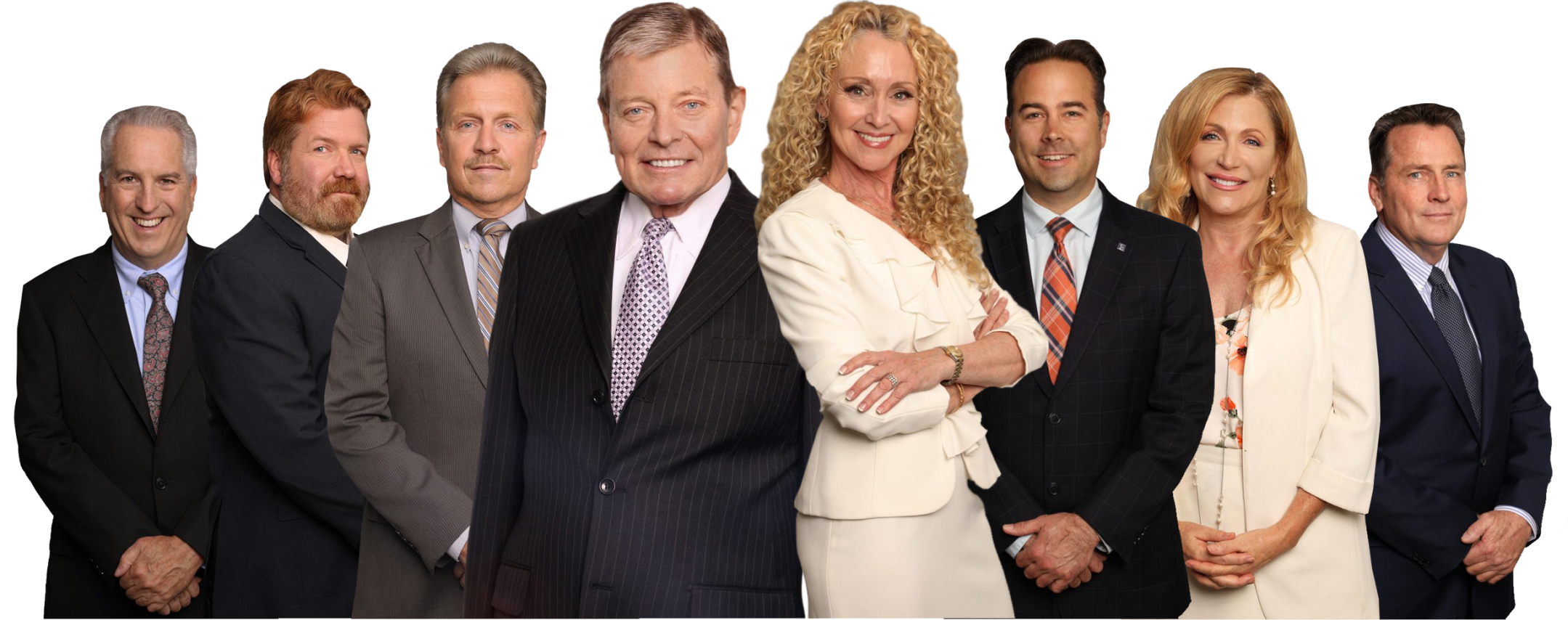While many areas of public employment law are under siege, the Public Employment Relations Board (“PERB”) recently decided two cases upholding the right of public employee unions to communicate directly with elected officials about workplace issues. PERB is a quasi-judicial agency charged with administering the provisions of the Meyers-Milias-Brown Act (MMBA) (Gov. Code §§3500-3511), which governs labor management relations in public employment settings.
SEIU Local 221 v. County of San Diego (2020) PERB Decision No. 2721-M.
SEIU Local 221 represents more than 10,000 County of San Diego employees, including Social Workers, Public Health Nurses, Animal Control Officers, and 911 Dispatchers. A long-standing policy, dating back to 1982, prohibited members of the Board of Supervisors from meeting directly with employee representatives to discuss bargaining matters outside of public Board meetings. The policy required the elected officials to decline to discuss such issues and refer the representatives back to the County negotiator instead.
SEIU filed an unfair practice charge alleging the Board policy violated the MMBA by interfering with their free speech and by treating union representatives differently from other members of the public who are not banned from meeting with their elected officials.
On appeal, PERB found the Board of Supervisor County policy tended to interfere with the rights of employees and their organizations to petition elected officials. Such restrictions, PERB found, were not imposed on other members of the public who had unfettered access to the Supervisors
County of Tulare v. SEIU Local 521 (2020) PERB DecisionNo. 2697-M.
In a separate case involving SEIU, PERB dismissed a direct dealing charge by the employer after a SEIU representative, during a period of contentious contract negotiations, sent several emails to the Board of Supervisors. Under the MMBA, an exclusive employee representative has the right to engage in direct and indirect advocacy provided the representative does not make a new bargaining proposal that has not already been made to the employer’s bargaining representatives.
PERB found the emails were permissible communications within the representative’s right to public advocacy because the emails did not present any proposals that SEIU had not already made in prior negotiations.
The Take Aways
- Representatives, officers and stewards of employee associations have the right to communicate with elected officials outside of a public meeting, such as a City Council or Board of Supervisors meeting.
- The right to communicate exists even during contract negotiations while actively bargaining with the employer’s designated representative.
- An association has the right to communicate with an elected official to persuade them to give instructions to the employer’s designated bargaining representative.
- The most important thing to remember is that such communications are limited to bargaining proposals that have already been made to the designated bargaining team.
Stay Safe and Healthy!






